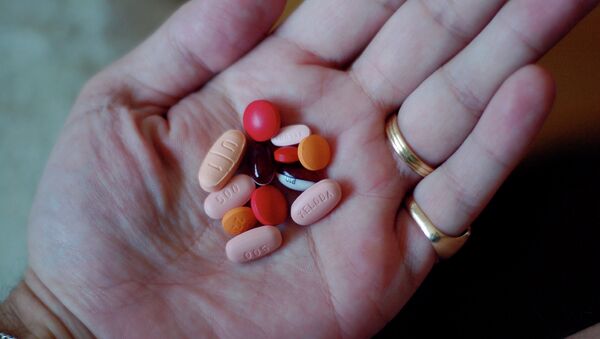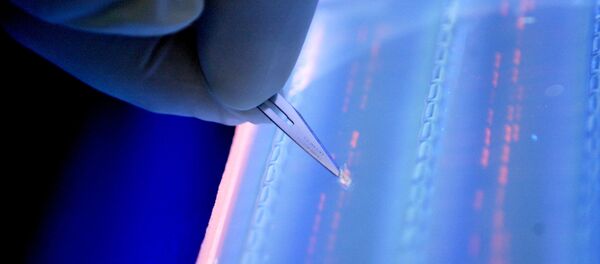The 86 percent cut is to Iressa, used primarily to treat breast and lung cancer. Other drugs receiving price slashes include Doceaqualip (37 percent) and Levin (25 percent).
NPPA chairman Bhupendra Singh said that they will continue to control the price of cancer drugs. "Apart from cancer, important medicines used in the treatment of diabetes, bacterial infections and blood pressure have been capped by the government, thereby reducing the cost by an average of around 25 to 50 percent," he told the Mumbai Mirror.
"It is a big relief for cancer patients," said a doctor with Tata Memorial Hospital in Mumbai. "Patients admitted in Tata get medicines for free or at a discounted rate, as we buy branded medicines in bulk at a 50 to 80 percent discount, but for private patients it is always an expensive affair. There are several drugs, especially to treat leukemia, which the patient has to take for years. As they are often very expensive, patients often leave the treatment midway."
Tata Memorial played a part in lowering the prices, as they sent a list of drugs they believed to be overpriced to the government. In February, the NPPA announced a price control on stents, the tubes inserted into the body to keep passageways like arteries open.
India’s healthcare industry is expected to grow dramatically over the next few years, from $33 billion to $55 billion, according to Minister of Chemicals and Fertilizers Ananth Kumar.



